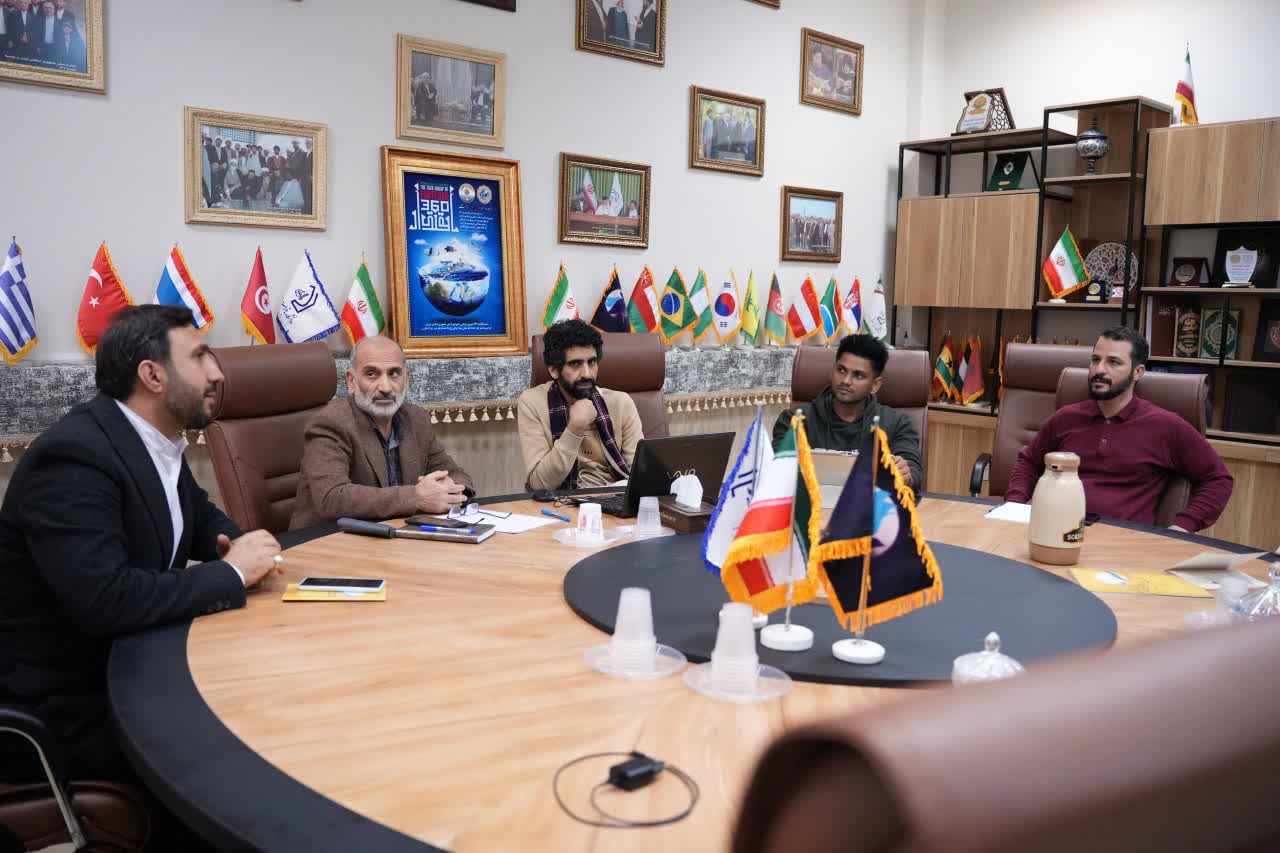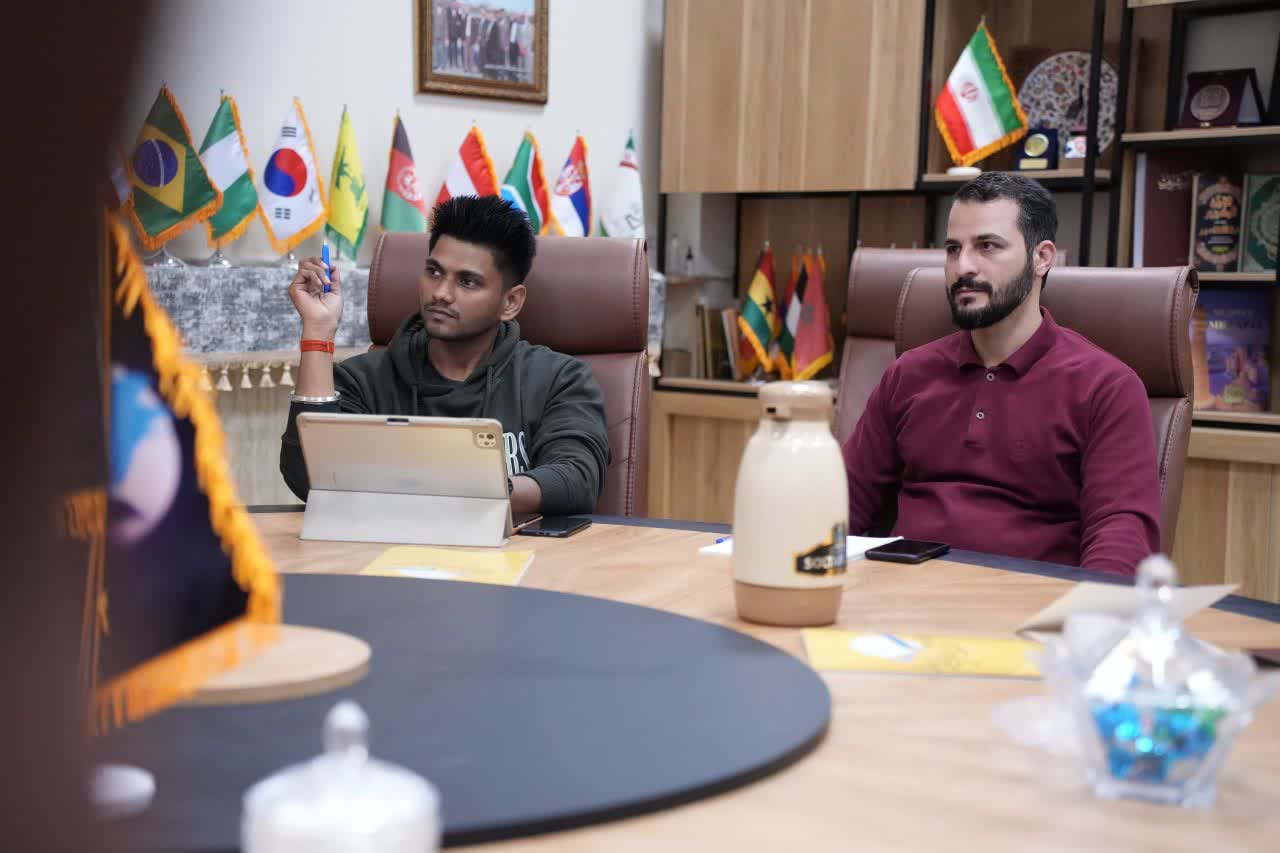
Proposal for an Intensive Course on Islam and International Law
Introduction
The interplay between Islam and international law is both significant and intricate. The Islamic legal system, known as Sharia, encompasses a unique set of principles that dictate international relations from an Islamic perspective. Within the Islamic framework, the principles of sovereignty and non-interference in the domestic affairs of other states are emphasized.
This proposal outlines the design of a short course that delves into the intersection of Islam and international law. The course aims to introduce participants to the fundamental concepts and principles of Islamic law as they pertain to international law, as well as examine their practical application in various global contexts.
The proposal seeks to address the knowledge gap concerning the relationship between Islam and international law. By providing participants with a foundational understanding of the key concepts and principles of Islamic law in relation to international law, the course aims to bridge this gap and foster a more profound comprehension of this complex relationship.
The course objectives include:
- Providing participants with an understanding of the relationship between Islam and international law
- Introducing participants to the key concepts and principles of Islamic law as they relate to international law
- Examining the practical application of these principles in various global contexts
- Developing critical thinking skills and the ability to analyze complex legal issues
By completing this course, participants will gain valuable insights into this important and complex relationship, which will be beneficial for their future academic pursuits and professional careers. Additionally, participants will develop critical thinking skills and the ability to analyze complex legal issues, which are valuable assets in a wide range of fields.
Course Overview
This short course provides an introduction to the intersection of Islam and international law. The course is designed to provide participants with a foundational understanding of the key concepts and principles of Islamic law as they relate to international law, as well as examine their practical application in various global contexts.
The course will cover the following key topics:
- Introduction to Islamic Law: An overview of the basic principles and sources of Islamic law, including the Quran, Sunnah, Ijma, and intellect.
- Islamic Law and International Relations: An examination of the principles of sovereignty and non-interference in the domestic affairs of other states from an Islamic perspective.
- Islamic Law and Human Rights: A discussion of human rights in Islamic law, including the rights of women, minorities, and non-Muslims.
- Case Studies: An analysis of the practical application of Islamic law in international relations, including examples from various global contexts.
Through a combination of lectures, discussions, and case studies, participants will gain a deeper understanding of the relationship between Islam and international law. They will also develop critical thinking skills and the ability to analyze complex legal issues.
Course Details
Course Title: “Islam and International Law”
Duration: 2 weeks
Target Audience: Students who graduated from BA
Course Format: Online, with a combination of live lectures, recorded videos, readings, discussions, and group projects
Schedule: The course will be held from Monday to Friday, with two lectures per day (each lecture is 1 hour long), followed by group discussions and independent study.
Prerequisites: None
Requirements: Participants are expected to attend all lectures, participate in group discussions, complete all assignments and readings, and work on a group project.
Assessment: Participants will be assessed based on their participation in group discussions, completion of assignments, and contribution to the group project.
Certificate: Upon successful completion of the course, participants will receive a certificate of completion.
Course Outcomes
Upon completion of this short course, participants can expect to have achieved the following outcomes:
- A foundational understanding of the key concepts and principles of Islamic law as they relate to international law.
- An awareness of the principles of sovereignty and non-interference in the domestic affairs of other states from an Islamic perspective.
- An understanding of human rights in Islamic law, including the rights of women, minorities, and non-Muslims.
- The ability to analyze the practical application of Islamic law in international relations, including examples from various global contexts.
- The development of critical thinking skills and the ability to analyze complex legal issues.
By achieving these outcomes, participants will have gained a deeper understanding of the relationship between Islam and international law. This knowledge will be valuable for their future academic pursuits and professional careers. Additionally, the development of critical thinking skills and the ability to analyze complex legal issues will be beneficial in a wide range of fields.
Faculty
The instructors for this short course are highly qualified and experienced in teaching courses on Islamic law and international law. They hold advanced degrees in their respective fields and have published extensively on the subject matter.
[Instructor 1] holds a PhD in Islamic Law from [University] and has taught courses on Islamic law and international relations at [University] for over [number] years. [He/She] has published numerous articles and books on the subject, including [title of publication].
[Instructor 2] holds a JD in International Law from [University] and has taught courses on international law and human rights at [University] for over [number] years. [He/She] has published extensively on the intersection of Islam and international law, including [title of publication].
Together, [Instructor 1] and [Instructor 2] bring a wealth of knowledge and experience to the course, providing participants with a comprehensive and engaging learning experience.
Additional sections
Fees: The course fee is [amount] per participant, which covers the cost of instruction, course materials, and access to the online learning platform. Participants are responsible for their own internet and computer costs. A limited number of scholarships may be available for participants with demonstrated financial need.
Assessment Methods: Participants will be assessed based on their participation in group discussions, completion of assignments, and contribution to the group project. The assignments will include quizzes, short essays, and case analyses. The group project will involve working with a team of peers to research and present on a human rights topic of their choice. The final grade for the course will be based on a combination of these assessments.
Credit Options: Participants who successfully complete the course may be eligible to receive [number] credits from [University/Institution]. These credits may be transferable to other institutions, subject to their policies and requirements. Participants who are interested in receiving credit for the course should contact [University/Institution] for more information.
NOTE:
To make sure that this course is engaging and interactive for the participants, we can use a variety of teaching methods and learning activities that encourage active participation and collaboration. Here are some suggestions:
- Use a variety of teaching methods: In addition to traditional lectures, we can use other teaching methods such as discussions, debates, role-plays, simulations, and case studies to engage participants and encourage them to apply their knowledge and skills.
- Incorporate multimedia content: Use videos, images, infographics, and other multimedia content to make the course more engaging and visually appealing.
- Encourage group work: Assign group projects or activities that require participants to work together and collaborate. This can help build a sense of community among the participants and promote peer-to-peer learning.
- Provide opportunities for interaction: Use interactive tools such as polls, quizzes, and discussion forums to encourage participants to interact with each other and with the course content.
- Provide timely feedback: Provide participants with timely and constructive feedback on their assignments and contributions to the course. This can help them improve their performance and stay engaged in the course.
- Be responsive to participants’ needs: Be responsive to participants’ questions, concerns, and feedback. Make adjustments to the course content or format as needed to meet their needs and interests.
By using these strategies, we can create an engaging and interactive learning experience for the participants in this course.
Recommended Resources
Here are some recommended resources for further reading on the topic of Islam and international law:
- “Islamic Law and International Law: Peaceful Resolution of Disputes” by Emilia Justyna Powell. This book provides a comprehensive examination of the differences and similarities between the Islamic legal tradition and international law, especially in the context of dispute settlement.
- “Islamic Law and Human Rights” by Ayesha Shahid. This resource provides an overview of the relationship between Islamic law and human rights, including discussions on freedom of religion, women’s rights, and child rights.
These resources offer valuable insights into the complex relationship between Islam and international law and can provide participants with a deeper understanding of the subject matter.


























